Wessex Water embarks on major storm water scheme
- Published
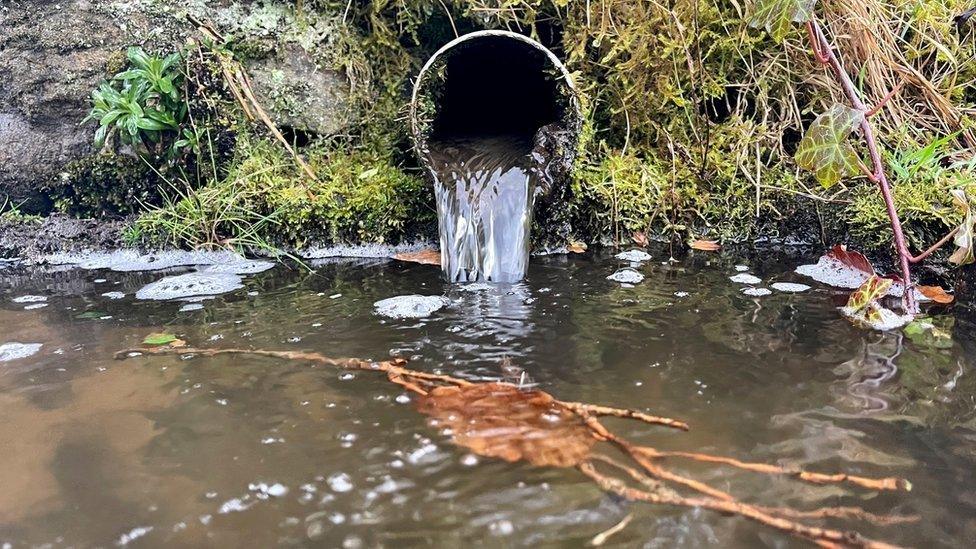
Wessex Water aims to reduce storm water overflows by a quarter by 2025
Wessex Water has embarked on a multimillion-pound investment programme to reduce sewage discharges.
The water company, which services 2.8m customers across south west England, said it would invest £3m a month.
Sea swimmers have complained about sewage being discharged from storm overflows, including at 17 Dorset beaches, after heavy rainfall.
The company said it aims to reduce hourly overflow discharges by a quarter by 2025.
The money will be spent on sewage treatment upgrades at 42 water recycling centres, with more nature-based, low carbon methods.
Wessex Water, which covers Dorset, Somerset, Bristol, most of Wiltshire and parts of Gloucestershire and Hampshire, said it is increasing environmental and public health monitoring at key locations.
It was recently criticised for warning bathers about "swimming with your mouth open".
The firm said it would use artificial intelligence to manage its sewerage network and provide real-time bathing water information.
New storm tanks will also be built using nature-based solutions, like wetlands and reed-beds in rural locations, and work will be carried out to separate rainwater from the sewer system, it said.
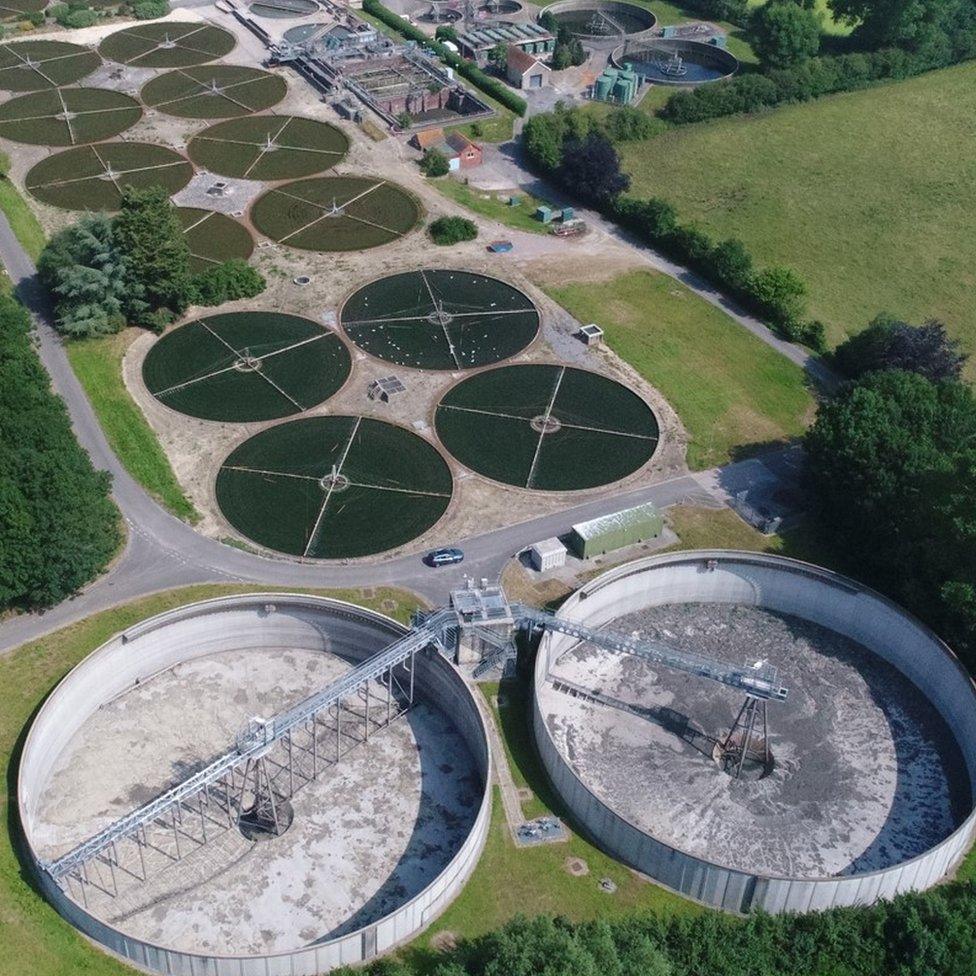
Wessex Water hopes to cut hourly storm overflow discharges by a quarter by 2025
Capacity is being increased at the company's two largest water recycling centres, serving Bristol and Bournemouth, to enable more storm water to be stored and treated, with work due to start early next year.
Because most sewers carry both rainwater and sewage, storm overflows prevent contaminated rainwater backing up and flooding people's homes.
Wessex Water's Matt Wheeldon said: "We have 1,300 overflows across the region, so it will take time and significant resources to eliminate them.
"By committing to spend £3 million every month on overflows, starting with those that discharge most frequently and those that have any environmental impact, we will make a good start."
Last month a Hampshire surfer said he believed he fell ill for eight months after swallowing contaminated seawater.
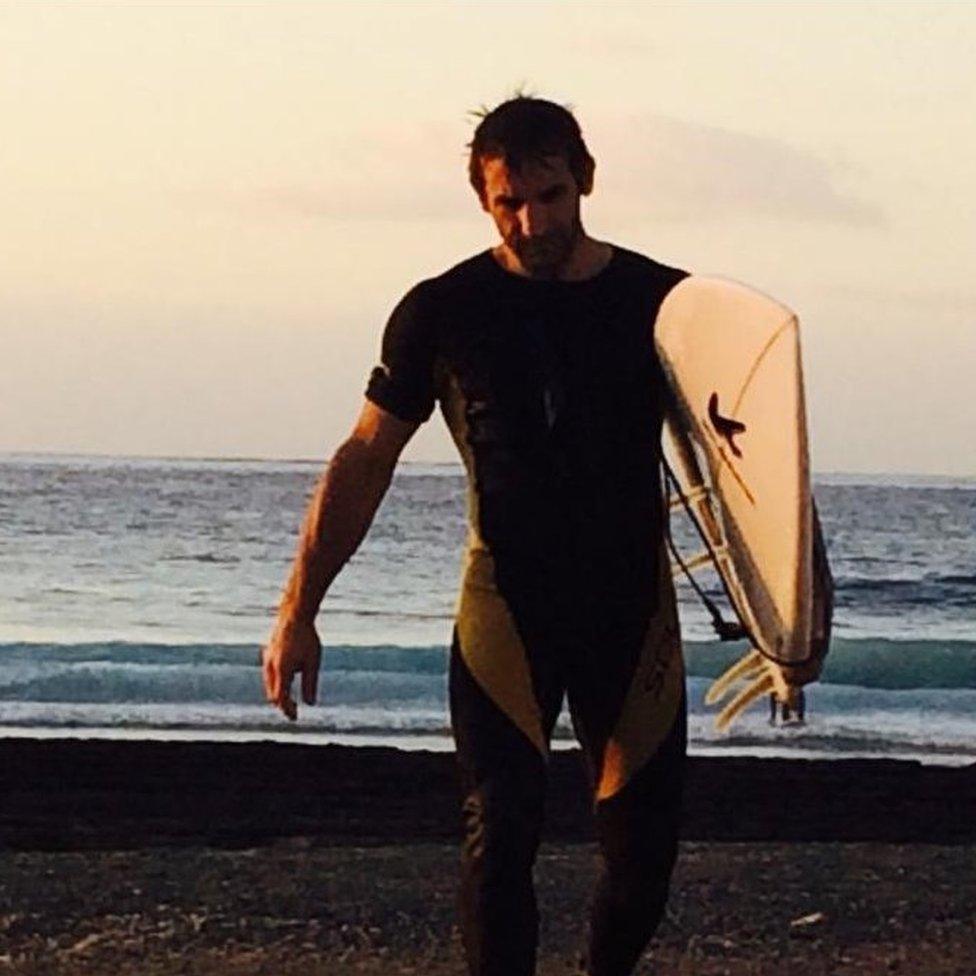
Willie Beavis contracted Giardiasis - a sickness bug caused by a parasite - after surfing off Barton Beach in 2020

Follow BBC South on Facebook, external, Twitter, external, or Instagram, external. Send your story ideas to south.newsonline@bbc.co.uk, external.
- Published1 February 2022
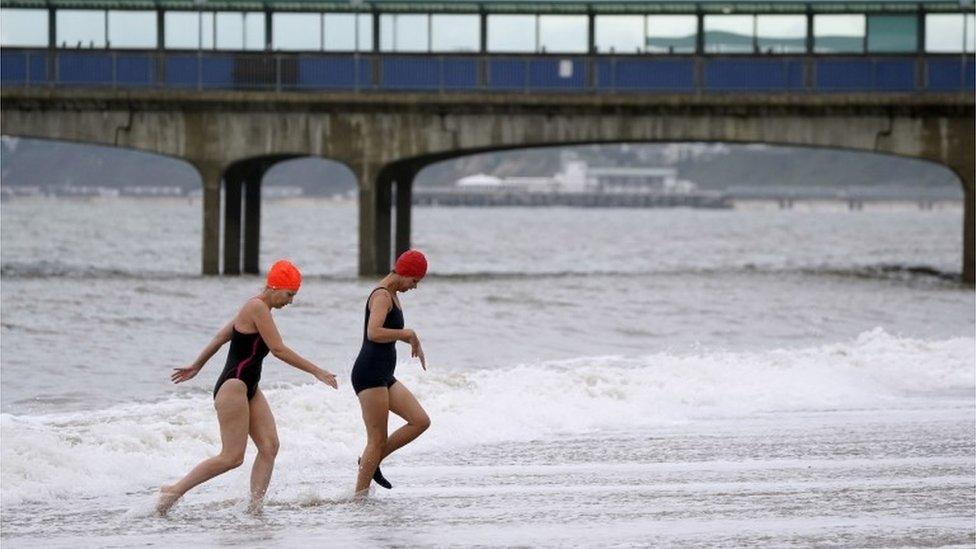
- Published23 April 2022
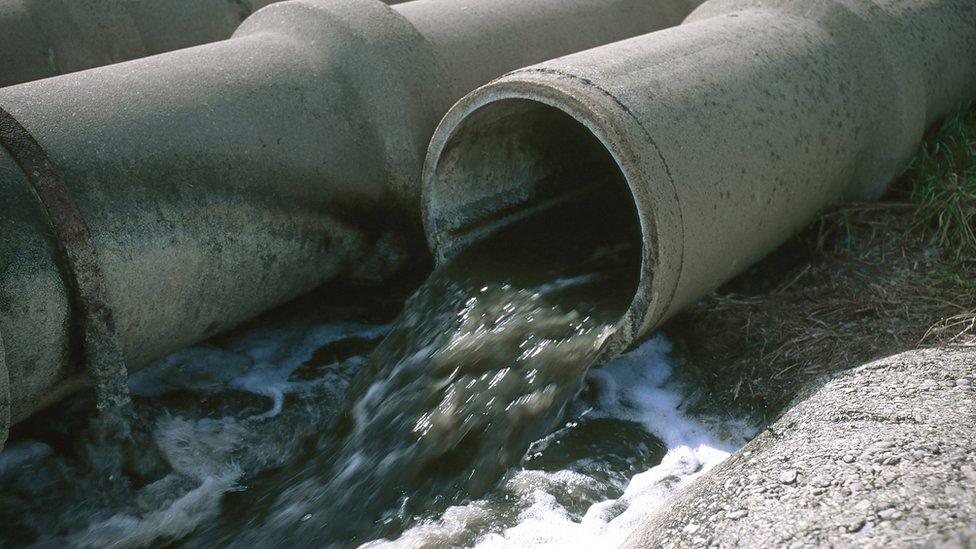
- Published28 April 2022
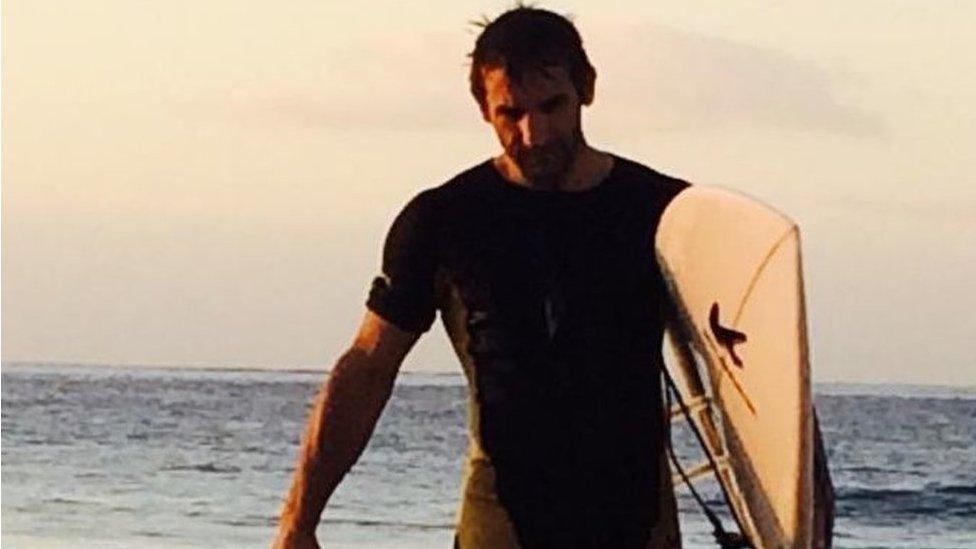
- Published26 October 2021
